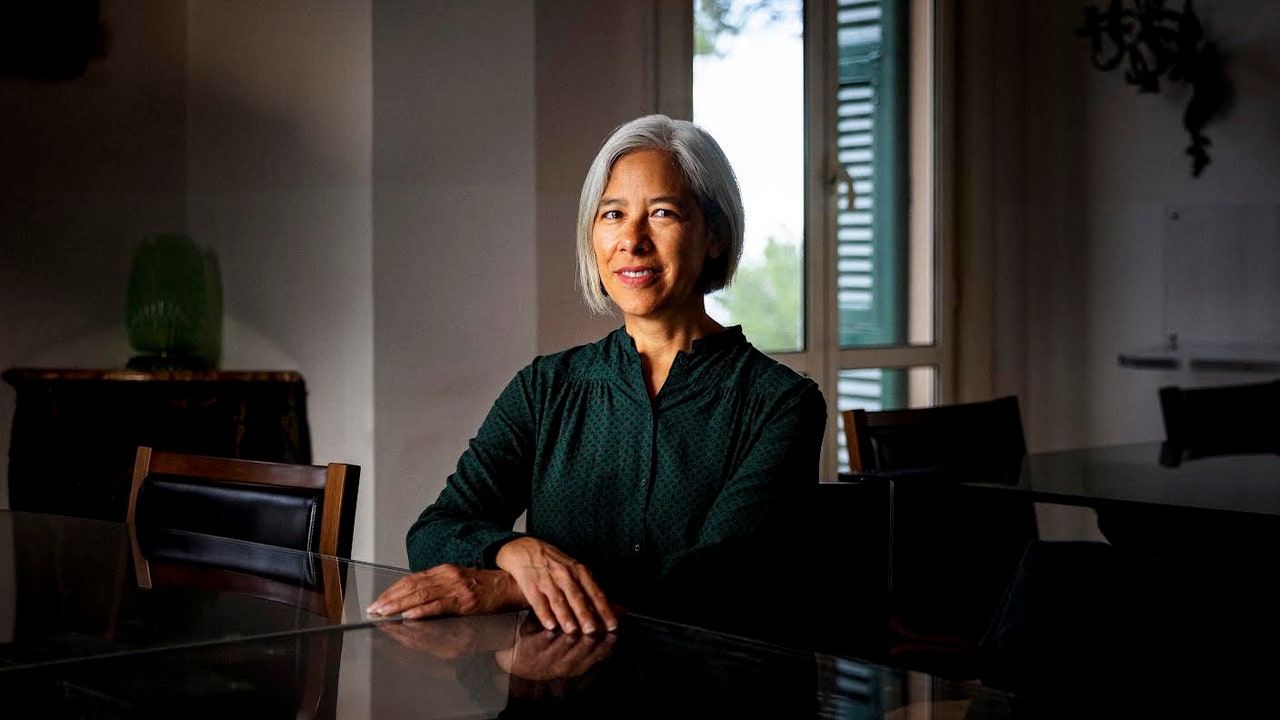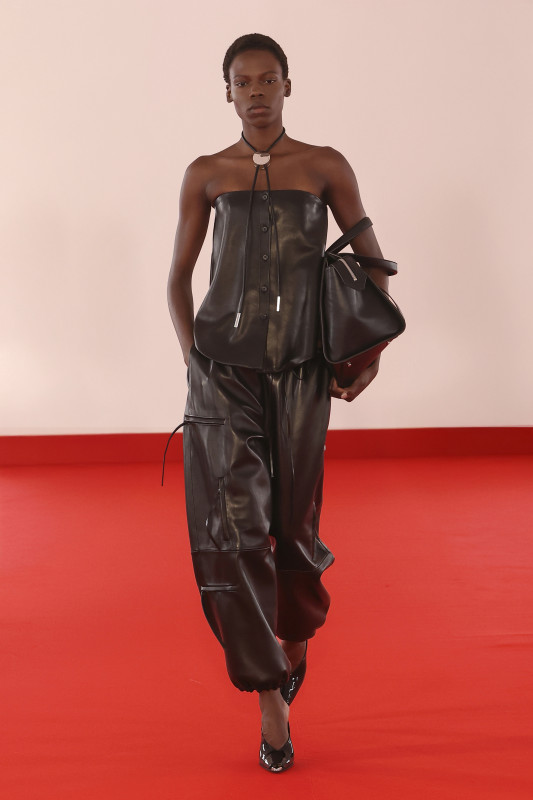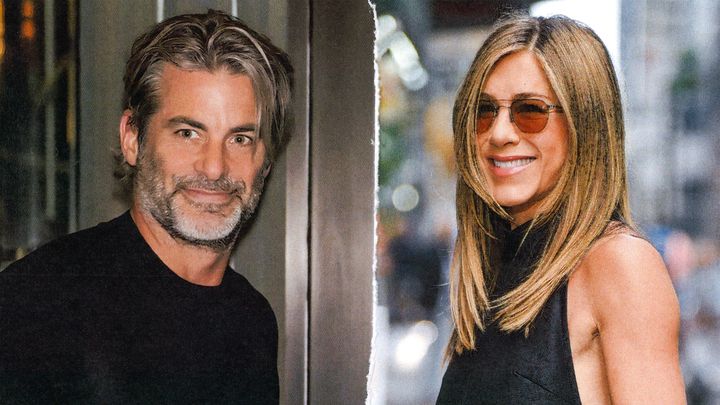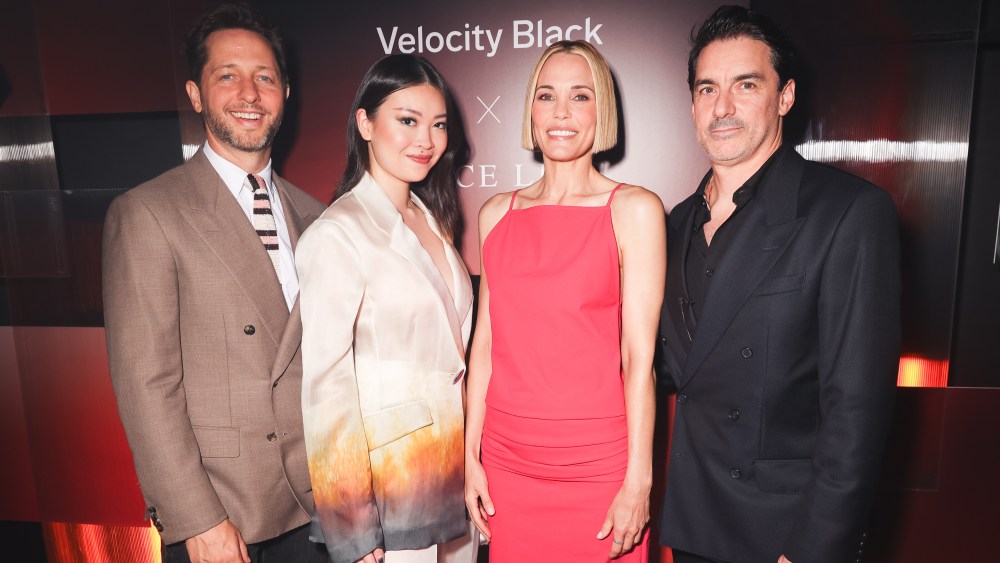
Susan Choi is known for writing novels that mine enormous richness from highly specific settings, whether a high school-level theater program in 2019’s Trust Exercise, a sexually charged campus environment in 2013’s My Education, or a life on the run from the FBI in 2003’s American Woman. But her latest book, Flashlight—out now from Macmillan Publishers—is perhaps her most ambitious effort yet.
In Flashlight, a Korean national named Serk (formerly Seok) leaves the Japan of his youth to build a new life in the United States. What follows is a chronicle of four generations’ worth of his family life—the precision and emotional resonance of Choi’s sentences proving endlessly dazzling.
This week, Vogue spoke to Choi about how winning the National Book Award in 2019 affected (or didn’t affect, as the case may be) the process of writing Flashlight, digging into historical research about Korean-Japanese relations, and her preoccupation with abduction stories. The conversation has been edited and condensed.
Vogue: What did the craft process of writing this book look like for you?
Susan Choi: Oh, gosh, the process was so…I don’t want to say chaotic, because I think that that gives an impression of a lot of energy and movement and this was much more slow, meandering, confused, you know, like a blindfolded person trying to navigate a very complicated obstacle course. I mean, I really struggled with this book. I feel like it evolved in a lot of disconnected bursts of writing that then required me to go back and go in circles. It was a composition process kind of like no other. Honestly, it was more like the first book I ever wrote than my sixth book. I just felt like I’d never written a book before.
How did it feel to embark on a new project after winning the 2019 National Book Award in Fiction for Trust Exercise?
I have to say, it wasn’t really on my mind, and I’m so grateful for that. I definitely am someone who I would have thought would be really prone to finding that really stressful, but it was very hard to even connect those two facts in my mind. It feels so strange to say this, but it was partly thanks to COVID; like, COVID was such a huge rupture in our shared reality and in my individual reality, and this book really kind of grew out of COVID. I published the short story that now forms the very opening pages of the book during COVID—that was something that I had been working on during quarantine in 2020—and then started growing the rest of the book out of that. I just wasn’t really thinking much about 2019, or the National Book Award, or the fact that this book, if it even ever came to exist, would follow the previous book. There was a big gap that separated those two realities, and I think it wasn’t until this book was really close to being finished that I was like, Oh, this is the follow-up to that, and in the experience of any outsider to my life, this will be the next thing that comes after that other thing. I’m really glad I didn’t think about that much before, because it feels very strange. I don’t want to preoccupy myself about: Is this a good follow-up? Is it a weird follow-up? Is it a bad follow-up? It just is, and I can’t change it now.
#Susan #Choi #Sprawling #Stories #Flashlight






